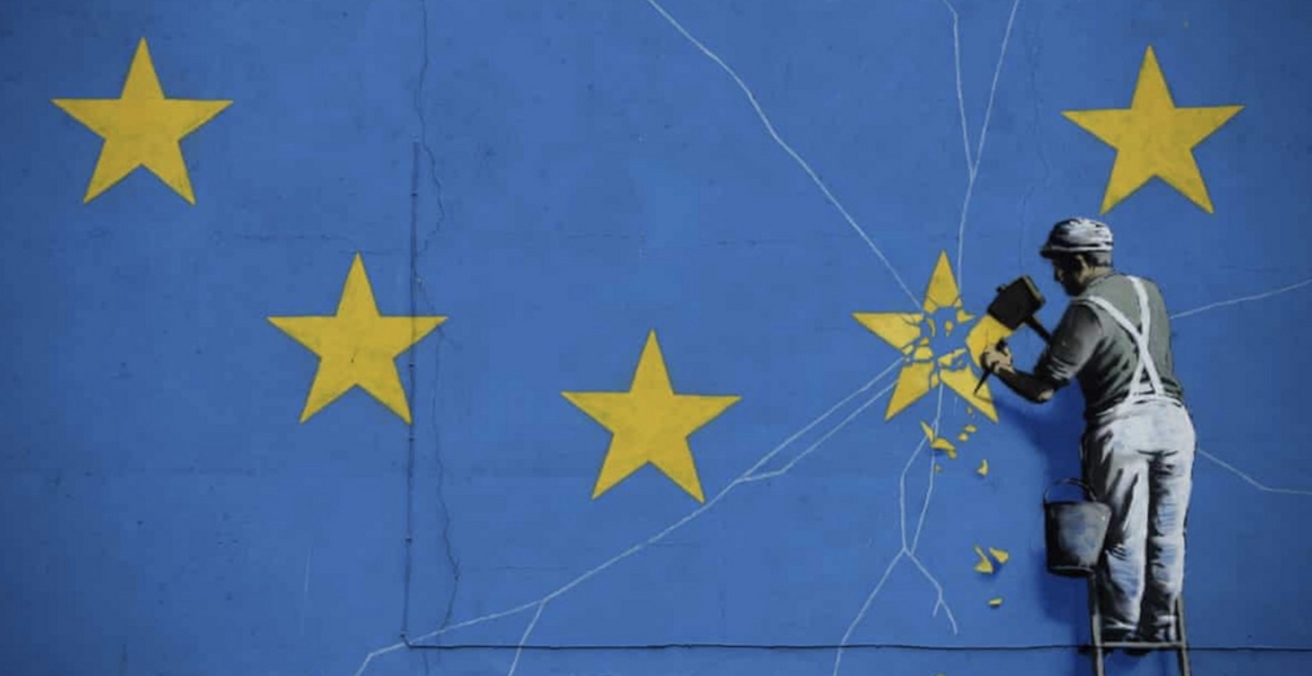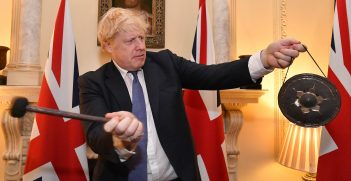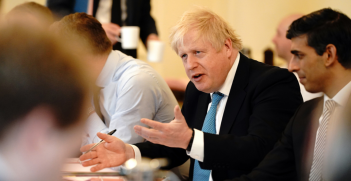Brexit Q and A

Australian Outlook’s Europe-based Commissioning Editor and AIIA Fellow, Colin Chapman, answers questions on the current state of Brexit as the deadline for Britain leaving the European Union approaches.
There are just seven weeks before, by law, Britain leaves the European Union. Will Brexit actually happen, and what form will it take?
I don’t know, and nor does anyone else. Britain’s Prime Minister Theresa May plans to go to Brussels this week to try and renegotiate the deal she agreed with EU officials before Christmas. Specifically, she wants to replace the so-called Irish backstop.
What is this backstop, and why is it so critical?
It’s a rather silly name, but very important. It’s simply a shorthand term for a complex legal agreement to avoid creating a hard border between the two countries that make up the island of Ireland: Northern Ireland, which is part of the United Kingdom, and the Irish Republic, an EU member. When Britain is out of the European Union, the border between Northern Ireland and the Republic will be the UK’s only land border. If there is no agreement between Brussels and London, there will have to be a substantial infrastructure of customs posts and border checks to prevent the free movement of goods, the illegal movement of goods—smuggling—and, not least, backdoor immigration.
What would make this worse is that since the Good Friday Agreement, which finally brought peace to Ireland after the torrid years of the “Troubles,” there has been a huge increase in trade and cross-border traffic, with thousands of workers crossing unhindered each day. To allow this movement to continue, Britain must remain in the European Customs Union until a new trade deal is negotiated with Brussels, and Northern Ireland would also remain in the wider single market. Mrs May’s government accepted this as a key part of the deal she negotiated, but on January 15 the House of Commons threw it out by 230 votes – the heaviest defeat of a British prime minister in a century. As I reported in Australian Outlook, Mrs May came back to the Commons with an amended deal that proposed removing the backstop and replacing it with unspecified “alternative arrangements.” MPs backflipped, giving her a majority of 16.
Will this be the deal on which Britain leaves?
It’s possible, but unlikely.
The Prime Minister is back in Brussels this week trying to sell it to negotiators and the leaders of the 27 EU member countries, but so far they have shown no interest, insisting on sticking to the original agreement. This is unacceptable to the hard right of the British Conservative party.
So, are EU leaders being unreasonable?
Absolutely not. Remember, it is only a fortnight since Mrs May was championing the Irish backstop. Immovable in her support of it, she said that the deal she had negotiated was the only one possible. Her U-Turn—to placate the ultra-right wing within her party—was politics at its most cynical.
EU chiefs make little secret of their exasperation with Britain, particularly Mrs May’s hard right colleagues. Donald Tusk—chairman of the European Council, a former Polish prime minister and friend of Britain—exploded with rage on Wednesday. He said: “There is a special place in hell for those who campaigned for Brexit without even a sketch to explain how it could be carried out,” a thinly veiled reference to Boris Johnson who made promises that could never be kept.
What happens next?
The matter comes back to the Commons next week for what is termed the “meaningful vote.” If May manages to get some concessions from Brussels, the agreement will probably be ratified and form the basis for Britain’s departure on March 29. If she fails, which I expect will be the case, another plan must be found, which will almost certainly have to involve asking the European Union for an extension of the deadline for at least three months. MPs have other ideas. There will be renewed pressure for a second referendum, which the government will reject, and calls for an extension longer than three months. The hard-line Brexiteers will flex muscles, using every strategy to run the clock down so that the default position prevails, and Britain leaves the EU without a deal.
Is that so bad?
Not if you are a xenophobe, dislike the French, hark back to the days when Britain ruled the waves, or swell with pride when Boris Johnson talks of the glorious future. But if you are a realist, interested in international affairs, with a knowledge of European history, particularly in the first half of the 20th Century, and have an understanding of economics, you’d be worried. “Fog in Channel, Continent cut off”, a headline from The Times newspaper before World War II, will now be reversed: Britain will lose influence.
I am more worried about the economy. Let’s be clear about this. On March 28 Britain will still be a member of the European Single Market, with instant access to a market of 500 million people. Under a no-deal Brexit, Britain’s goods and services face large tariffs, making them more expensive. And the British, who get much of their food, most of their medicines and much else from Europe, will be paying more. The EU is the world’s largest trading bloc, the world’s largest trader of manufactured goods and services, and the top trading partner to 80 countries.
No wonder international banks are moving staff and cash out of London to Frankfurt, Amsterdam, and Dublin. No wonder Jaguar Land Rover is planning to shift some production to Europe and Asia. No wonder Airbus is planning to stop building aeroplane wings in England. No wonder Japan’s Nissan this week announced the cancellation of its planned UK investment in its next X Trail model, deciding to build them in Tokyo instead.
Can a “No Deal” be avoided?
Yes, but it’s not certain. Like the country, MPs are deeply divided on what to do next week. As yet, there does not seem to be sufficient support for a second referendum. A move by a Labour frontbencher to extend the Brexit deadline by up to nine months was defeated last week (and would also require EU agreement) and other canvassed options have not found favour. The Labour Opposition is still clamouring for a general election, and if Mrs May returns from Brussels next week empty handed it may well press another no-confidence vote. If so, this time around it could get some support from disgruntled Tories.
Colin Chapman is a writer, broadcaster and public speaker, who specialises in geopolitics, international economics, and global media issues. He is a former president of AIIA NSW and was appointed a fellow of the AIIA in 2017.
This article is published under a Creative Commons License and may be republished with attribution.





